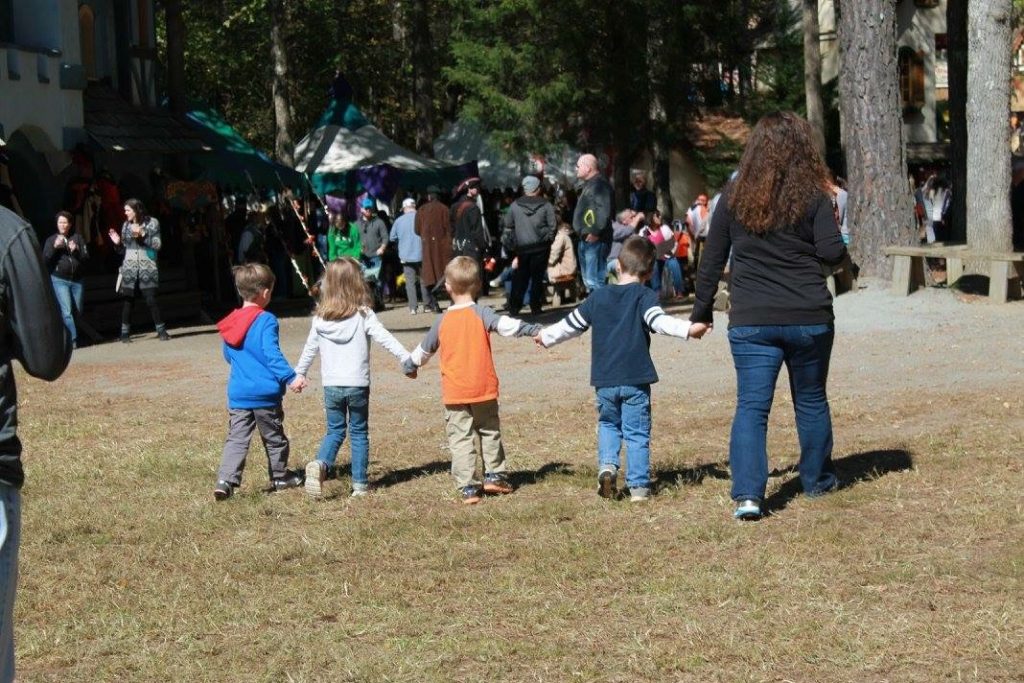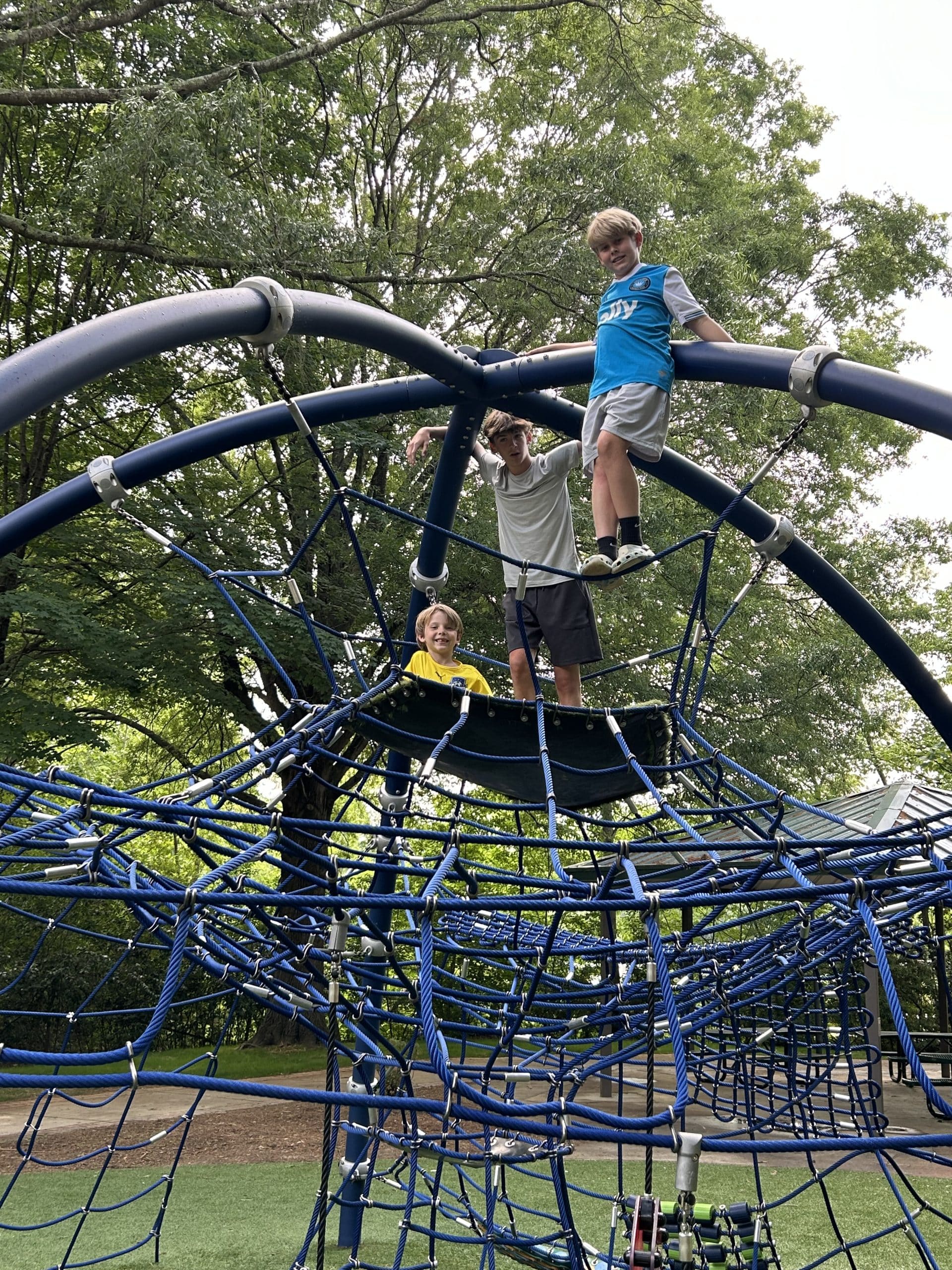Participation of parents in school, as well as outside activities, is a concern of many teachers and instructors. However, most parents show up in the audience as their child performs. Having said that, the parents that do not show up for activities fear they’ll get pressure to participate or volunteer to help. There are many other reasons for nonparticipation.
- First and foremost, some are not informed about the activity.
- They are busy and/or forgot to attend.
- They have no transportation.
- Also, there are younger children and no sitter available.
- A language barrier prohibits participation.
- Parens work and are tired.
- Events in their life prevent them from participating with their children.
- They fear they are not welcome.
Communicating the Obstacles
There are many reasons for parents not to involve themselves. Thus, it is up to teachers, instructors, and other parents to demonstrate the value of participation. The benefits to students that have parental participation in school and activities are insurmountable.
- Many students receive higher grades with the participation of a parent.
- Also, students have a tendency to attend school on a regular basis.
- Social skills improve with participation.
- Students also have higher self-esteem.
- Additionally, students have better behavior in school and outside activities.
Parent involvement builds positive interaction between them and their child. Also, it builds a positive relationship with teachers, instructors, and other parents. Parental involvement provides children with a bird’s eye view on what is happening in their child’s life in and out of school. Thus, a child’s communication improves. Also, children are happier when they have parental support.
Teachers and instructors develop an understanding of the home life and the culture of each child with parental involvement. Consequently, there is a better understanding of the student’s strengths and weaknesses.
“It takes a village to raise a child” is a clear message. Involvement in school and outside activities builds an educationally well-rounded child. The growth and development of children has many benefits for the community and the future of society. Also, it enables children to understand the importance of life-long learning.




